#Tariffs
Trump Proposes 20-percent Tax on Mexican Goods to Pay for Wall; Other Countries Could Take a Hit
Consumer products and vehicles produced outside of the U.S. could see a big hike in sticker price if the Trump administration goes ahead with a proposed plan to tax Mexican goods — and eventually all foreign goods — to the tune of 20 percent.
The White House said today the measure is being looked at as part of a wide-ranging tax overhaul package under consideration by Congress. The announcement came after an anticipated visit by Mexican President Enrique Pena Nieto went south.
No Fixed Abode: The Perks (And Perils) Of Protectionist Policies
“Like any good capitalist, I firmly believe that automakers need competition to produce their best and most innovative work.” That’s what my colleague and occasional pal Stef Schrader on Jalopnik wrote yesterday, in a column titled Protectionism Is Only Good If You Love Really Terrible Cars. I doubt neither Stef’s sincerity nor her diligence; she hits all the traditional marks in her piece, from Allegro to Trabant, and she does it with style.
I am not a good capitalist. Not any longer.
For most of my life, I was; I’ve been mostly self-employed since I was 19, and I’ve never asked for help from anybody save for three weeks’ worth of unemployment payments in 1995. I always looked at life as a battle that went to the strongest, and I never felt inadequate in the face of the challenge.
Once I became a father, however, I started wondering about my son’s prospects, and the prospects of his contemporaries. What if they didn’t have the strength, or the luck, that I’ve had? Should they be just tossed aside by the global economy, discarded forever just because they couldn’t win a race to the bottom with seven billion other desperate souls?
If the former president of the Miami University Entrepreneurial Society (yes, guilty as charged) can read Adbusters and start worrying about factory conditions around the globe, perhaps that means everything out there is up for grabs. And it’s worth asking the question: Could a new round of protectionist policies, intelligently conceived and applied, change our lives as drivers, consumers, and workers — for the better?
Trump Angers the Germans; BMW Won't Pull a Ford With Its Mexican Plant
After being warned against producing vehicles in Mexico, German automakers are not scrambling to re-think their production plans.
In an interview with the German publication Bild, President-elect Trump issued a now-familiar warning to the country’s manufacturers — essentially, any vehicles imported into the U.S. from Mexico will face a 35 percent tax.
The Germans, for the most part, aren’t buying it. Meanwhile, the country’s economy minister saw Trump’s remarks as an opportunity to engage in some not-so-friendly automotive ribbing.
Toyota and Honda Play the Waiting Game After Ford Surprise
Tuesday’s surprise announcement by Ford, where it declared plans for a new Mexican assembly plant were as dead as disco, turned up the heat on other automakers.
With President-elect Donald Trump’s campaign promise of a hefty import tax weighing heavily on the minds of auto executives, long-term production plans are being placed in limbo across the industry.
Don't Expect Us to Backpedal on Mexico Plans: Ford CEO
There’s something about billions of dollars in investment and carefully planned long-term product strategies that make it hard for an automaker to turn on a dime in the face of a threat.
Ford Motor Company CEO Mark Fields says his company has no plans to reverse course on its goal of boosting production of cars and components in Mexico, even after President-elect Trump’s promise of a 35-percent tariff on vehicles crossing the Rio Grande.
It’s a game of chicken Ford intents to win.
US Tire Makers Oppose New Restrictions On Chinese Tires - It's A Union Thing
The United States International Trade Commission issued a split 3-3 ruling on a petition regarding Chinese tires filed by the United Steel Workers under U.S. Antidumping and Countervailing Duty (AD/CVD) laws. That means that — in all likelihood — the United States will put tariffs or other controls on tires imported from China. Counterintuitively, not one of the nine domestic American tire companies that produce 100 percent of the tires made here supports the AD/CVD petition.
Trans-Pacific Partnership Fears Hover Over Detroit Three
The Detroit Three are among those expressing concern over the Trans-Pacific Partnership free-trade agreement, specifically what it would do to the industry.
Ide: Apathy, Not Policy, Is Behind GM's Japanese Blues
Though General Motors is finding big success in China among its brands, the automaker is still a bit player in Japan, and not because of so-called nontariff hurdles.
Musk: Tesla Will Build Cars In China Within Next Few Years
Though Tesla is now just delivering new vehicles to China, CEO Elon Musk predicts his company will build luxury electric vehicles in the burgeoning market within the next three to four years.
Mexico Besting Japan, Canada In Auto Exports To The U.S.
Mexico’s auto industry is set to ship more product north to the United States than Japan and Canada by the end of 2015, in part due to the effects the North American Free Trade Agreement has had on the country since its signing two decades ago.
U.S. Customs Calls Ford's Importing Transit Connect As Passenger Vehicle 'Manipulation' of Chicken Tax Tariff
Fifty years ago, in a dispute over a German tariff on chicken imported from the United States, the U.S. government retaliated by slapping a 25% tax on imported trucks and vans, apparently to impact the then popular VW Bus. As sales of small trucks from Japan increased, the American automakers embraced the so-called Chicken Tax as a means of reducing competition. However, now that all three American based car companies sell vehicles that have been made outside the United States, the tariff has come back to haunt at least Ford. Automotive News reports that Ford is now appealing a ruling by U.S. Customs and Border Protection that the way the company imports the Transit Connect commercial vehicle makes it subject to the 25% tariff as opposed to the much smaller 2.5% duty charged on small passenger vans.
A Modest Proposal: Balance Trade By Auctioning VINs
Even the most casual of TTAC readers will have noticed that we frequently feature stories about the strength of the Chinese economy and the increasing importance that China has to automakers everywhere. This afternoon I was actually standing on the factory floor of a noted “transplant” automaker and I found myself wondering: Is it too late for the United States to follow the “Chinese way” to create more opportunities for domestic vehicle production?
WARNING: Do not read any further if you are easily enraged by protectionism…



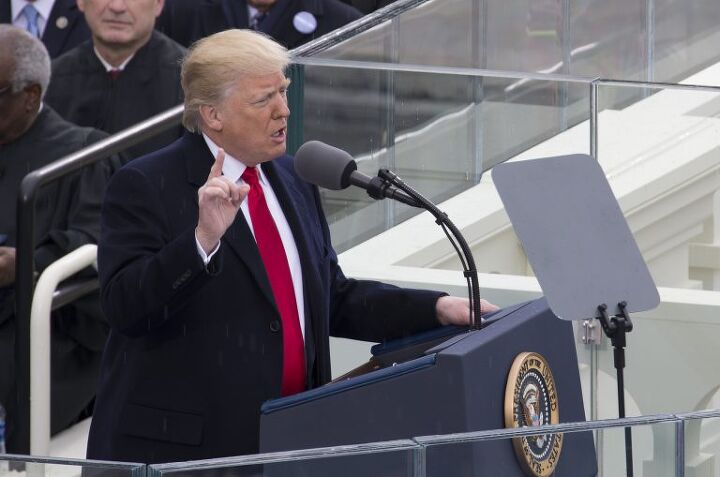

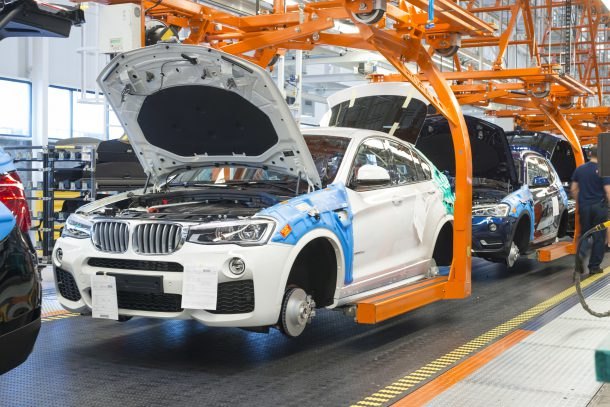


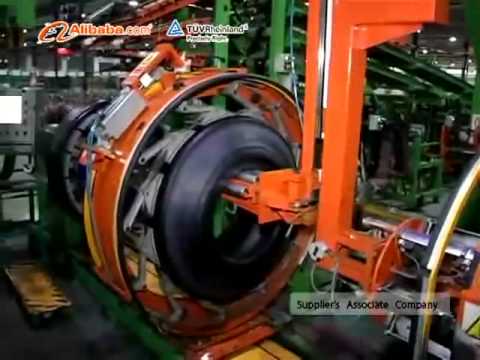



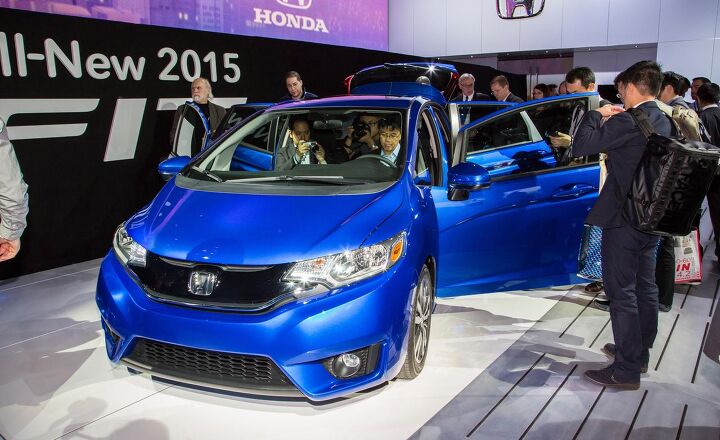
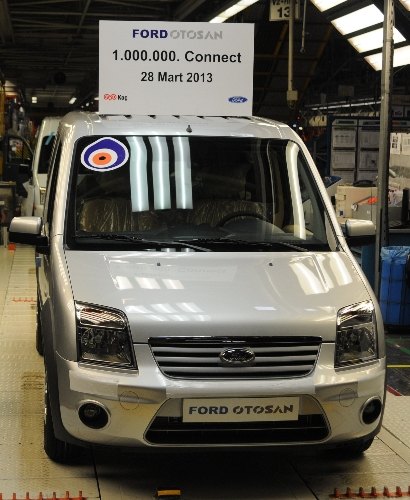
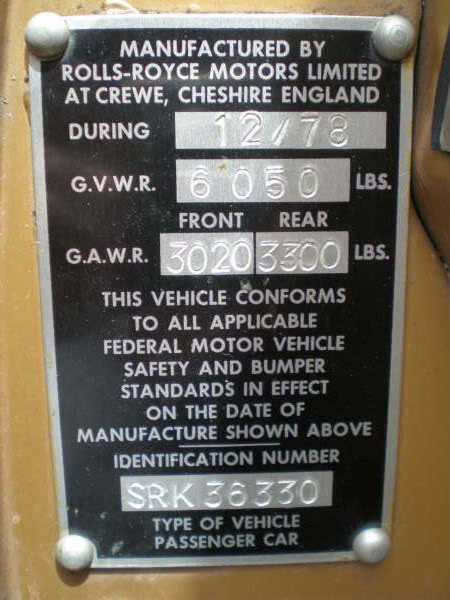












Recent Comments